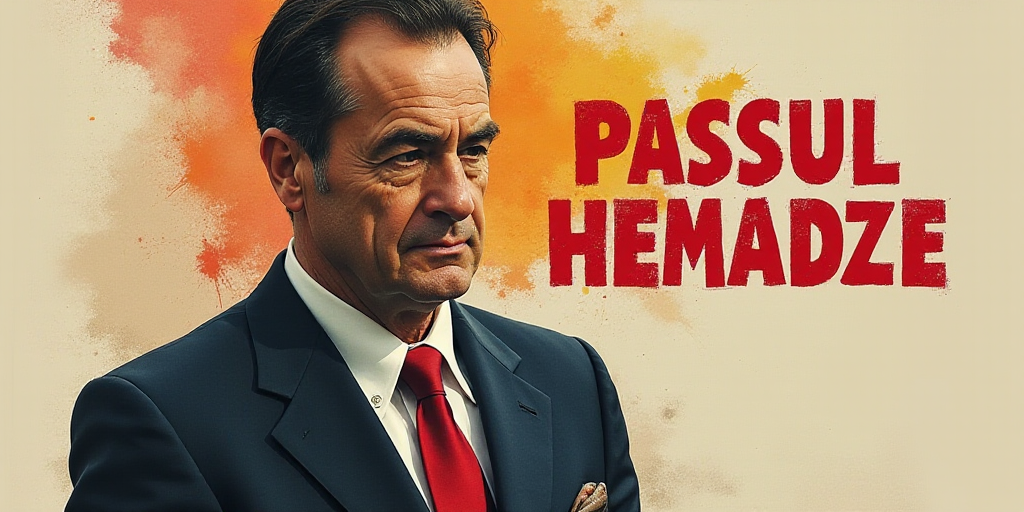José Narosky’s Perspective on Teaching
“The function of the teacher is to teach, not impose their opinion. Guide, not indoctrinate.” José Narosky
Teachers have traditionally been entrusted with the universal mission of transmitting knowledge from one generation to another, instructing children and instilling values that help them become good people since a young age.
The foundation upon which future citizens of each nation stand depends on the teacher. They must teach children and young people to read, write, add, multiply, develop as technicians or professionals. Most importantly, they should teach them to think, not dictate what to think.
The Current State of Mexican Education
Within the framework of “Mexican Humanism,” the ruling party has imposed an educational plan that corrupts the objectives that education and teachers should pursue. Perversely, they aim to sow despair in children and youth by making them believe that poverty is a virtue, as if they should not aspire to excellence, well-being, or prosperity and instead become reliant on government handouts.
The so-called “New Mexican School” aims to eliminate assessments and grades, promoting mediocrity as a standard of measurement. It also forces basic education teachers to adhere strictly to the content of new textbooks, which will result in a significant delay, especially pedagogically. These textbooks suffer from multiple defects, including the absence of mathematics as a subject, lack of didactic sequence, incorrect descriptions and examples, as well as spelling and arithmetic errors.
Impact on Students and Teachers
Unfortunately, the new curriculum for basic, secondary, and upper-secondary education is a result of a flawed and perverse educational model that ruins the formation needed by the country’s children and youth. The ruling party’s educational program assumes that teachers should act as indoctrinators of children and young people within their ideological framework.
The school has become a battleground, contributing to the polarized environment and violence, turning students into hostages of the ruling party and schools into breeding grounds for party militants without skills or benefits. This undoubtedly affects learning and peace, as well as contaminating the goals that education should pursue.
Recent Developments and Controversies
Recently, scholarships were instituted for public high school students without linking them to academic performance. This is clearly a strategy to buy votes for upcoming elections.
As the teacher’s figure deteriorates, society’s commitment to schools—to foster the integral development of children and youth, especially in public schools—weakens.
In Mexico, Teachers’ Day is celebrated on May 15th. During the recent commemoration, the president announced a salary increase and an additional week of vacation, further reducing class days to the detriment of students. Only the officialist SNTE leader and teachers from that union were invited to the celebration. The CNTE, once a political ally of the previous president, was not invited. This organization shows little interest in education, accepting the salary and vacation increases but insisting on dismantling the existing retirement and pension system.
To pressure the president, the CNTE initiated blockades and indefinite strikes, leaving hundreds of thousands of children without classes.
Historical Context and Criticism
In her speech to teachers, the president claimed that from 1982 to 2018, social liberal governments aimed to “eliminate public institutions,” and that public education was considered terrible. However, this statement is a lie, as the democratic Mexican system and the rule of law have been—and continue to be—destroyed by what she calls the “Fourth Transformation.”
Regarding public education, if it wasn’t ideal before, the new Mexican school is entirely questionable.
The president never addressed school performance or content quality in her speech. She failed to acknowledge the public education system’s ruinous state but disparaged public education specialists.
Regarding teacher training, it’s unacceptable for authorities to continue the policy of total permissiveness in rural teacher training schools, where students can commit crimes and atrocities without consequences. What kind of teachers graduate from these schools? What can they teach?
Continuing this public policy on education will only increase mediocrity and deter investment needed for professionals knowledgeable about scientific and technological advancements.
Parental Involvement and the Path Forward
The indifference of parents is surprising; it seems they are resigned to this nightmare, failing to consider that the destruction will continue until it engulfs everyone, including their children. They appear unconcerned that their children lack the necessary formation to aspire to higher education or adapt to new challenges like artificial intelligence and robotics.
Teachers deserve recognition from society and authority in the classroom. They should not be used as pawns by unions.
It is everyone’s responsibility to restore and strengthen the teacher’s figure, as they are an indispensable element in schools and society. They are a factor of harmony and support for the culture of peace.
*The author is a lawyer, negotiator, and mediator.
X: @Phmergoldd
Key Questions and Answers
- What is José Narosky’s perspective on teachers? José Narosky believes that the role of a teacher is to teach and guide, not impose their opinions or indoctrinate students.
- What issues plague the current Mexican education system? The Mexican education system faces problems such as corrupt educational plans, the promotion of mediocrity, and flawed textbooks with numerous defects.
- How do recent developments impact students and teachers? Recent changes, like scholarship distribution without academic ties and strikes by teacher unions, negatively affect students’ education.
- What is the historical context behind the criticism of Mexican education? The president’s claims about past governments’ intentions to eliminate public institutions are disputed, as the democratic system and rule of law have been undermined by the current administration.
- What are the concerns regarding teacher training in Mexico? There is a policy of permissiveness in rural teacher training schools, leading to unqualified teachers and a lack of investment in science and technology-knowledgeable professionals.
- Why is parental involvement crucial in this context? Parents’ indifference to the deteriorating education system puts their children’s future at risk, as they may lack the necessary skills for higher education and emerging technologies.






